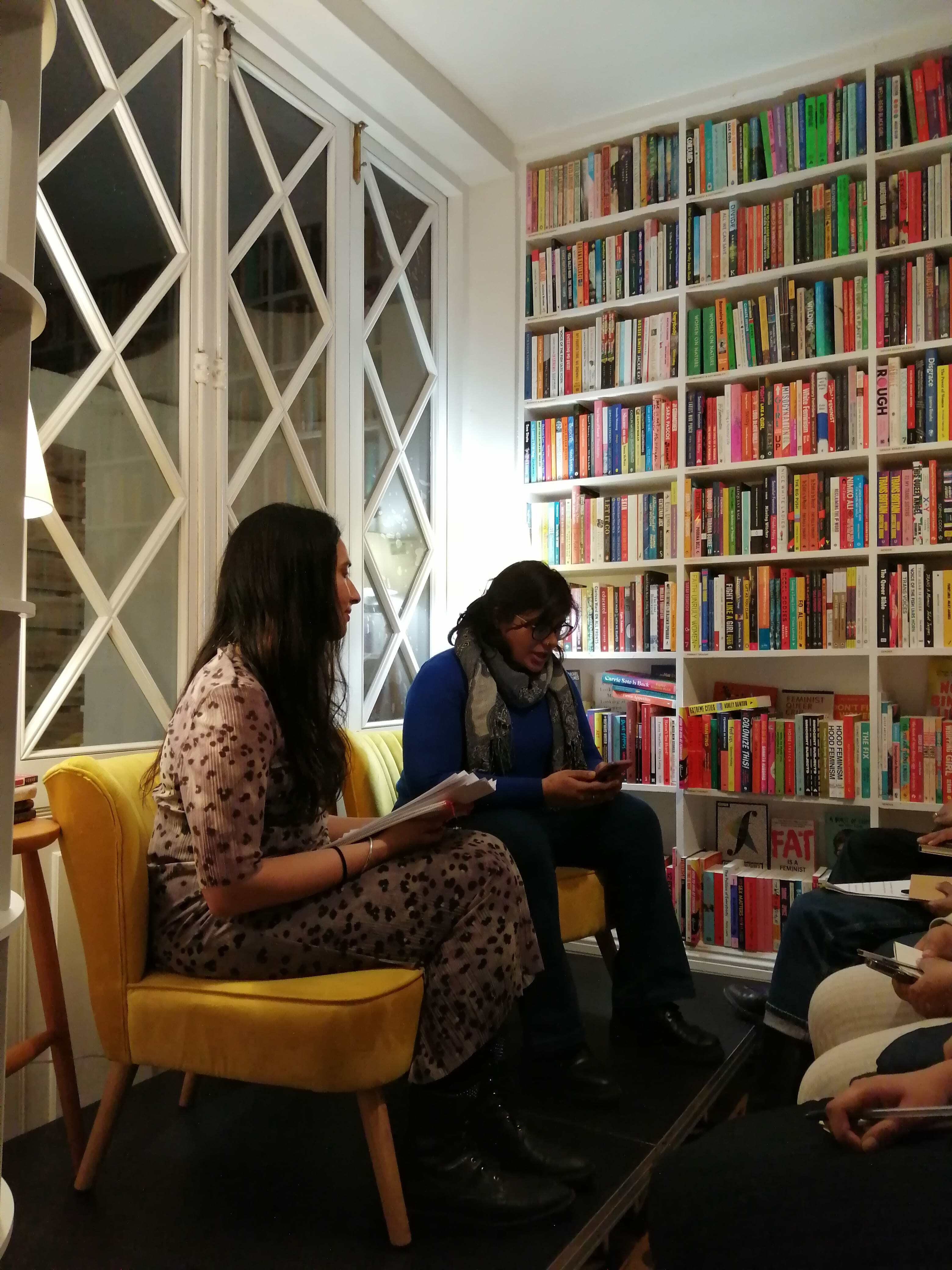Manjot Dhaliwal Interview - Re-membering South Asian Feminist Poetics
Happy South Asian Heritage Month! To celebrate, we spoke to poet and researcher Manjot Dhaliwal about The Neighbour's Garden (a project that highlights overlooked histories and amplifies women's voices) and her upcoming event at Fabrica: Re-membering South Asian Feminist Poetics: An Evening of Poetry and Music, taking place this Tuesday, 29 July, at 6pm.
Q: What does this project mean to you?
A: There is a Punjabi saying that has stayed with me: 'raising a daughter is like watering the neighbour's garden'. It expresses the othering that occurs within cultural constructs. For me, it was something that I grew up hearing and feeling. However, during lockdown, I began to think of the wider social relevance and impact of othering.
In this way, The Neighbours' Garden has felt like a reclamation, and a re-writing of a patriarchal script. Through embodying the neighbour's garden as a site of creativity and community, there is a reimagining through the inclusion of overlooked voices that builds necessary community along the way.

Q: The project focuses specifically on South Asian poetry. What role does poetry play in cultural heritage?
A: Poetry creates a method to express identity and heritage without having to align with ideological notions of identity... it creates a framework for the inclusion of multi-faceted, transformative voices that express new ways of considering identity.
Q: What is the inspiration behind the poetry night?
This poetry project is influenced by my PhD research on South Asian women's identities and family histories. Poetry offered a way to locate overlooked women's voices and contest otherisation.
Q: How does poetry highlight overlooked voices?
A consequence of unequal power dynamics is the inadequacy of language to capture the experiences of the marginalised. In academia, this is referred to as epistemic violence. Poetry, with its generosity of creative languages and poetic techniques, creates a template to express lived experiences which lack corresponding terminology.
I think Audre Lorde expresses beautifully the ways in which poetry highlights overlooked voices:
"For women, then, poetry is not a luxury. It is a vital necessity of our existence. It forms the quality of the light within which we predicate our hopes and dreams toward survival and change, first made into language, then into idea, then into more tangible action. Poetry is the way we help give name to the nameless so it can be thought. The farthest external horizons of our hopes and fears are cobbled by our poems, carved from the rock experiences of our daily lives." Audre Lorde, Poetry is not a Luxury (1985)
Book your ticket to Re-membering South Asian Feminist Poetics: An Evening of Poetry and Music today.
Find out more about Manjot and The Neighbour's Garden.